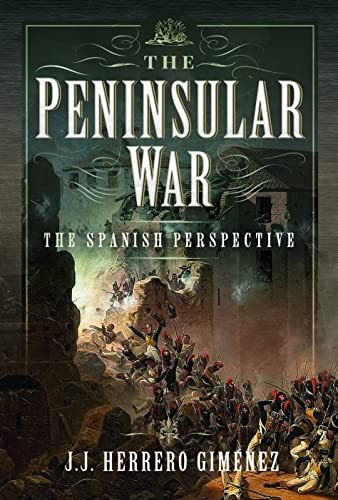

Most ebook files are in PDF format, so you can easily read them using various software such as Foxit Reader or directly on the Google Chrome browser.
Some ebook files are released by publishers in other formats such as .awz, .mobi, .epub, .fb2, etc. You may need to install specific software to read these formats on mobile/PC, such as Calibre.
Please read the tutorial at this link: https://ebookbell.com/faq
We offer FREE conversion to the popular formats you request; however, this may take some time. Therefore, right after payment, please email us, and we will try to provide the service as quickly as possible.
For some exceptional file formats or broken links (if any), please refrain from opening any disputes. Instead, email us first, and we will try to assist within a maximum of 6 hours.
EbookBell Team

5.0
60 reviewsThe book does not attempt to minimize the problems the Spanish experienced nor the catastrophic defeats suffered by the Spanish Army, but the reasons for these setbacks are viewed and analyzed from the Spanish viewpoint.
With the finest elements of the Spanish Army serving with the French forces in Denmark, Spain was virtually undefended when Napoleon’s armies marched into the Iberian Peninsula. New armies had to be raised virtually from scratch to fight the invader in a country where, as the Duke of Wellington remarked, small armies were beaten and large armies starved. The logistical and political difficulties faced by the Spaniards are fully explored and explained.
It is the big battles, nevertheless, which receive the most attention; both the great battles such as Tudela and Ocaña and the surprising victory at Bailén, and the smaller, lesser-known combats which took place across the Peninsula. The defeats, even destruction, of their armies, did not deter the Spaniards; in fact quite the contrary. Their cities, most notably Zaragoza, defied Napoleon’s legions for months in some of the most savage fighting of any conflict as their streets were turned to rubble. Across the country, the ordinary citizens took up arms, attacking isolated French outposts and capturing enemy messengers and patrols – and the term guerrilla warfare came into being. Napoleon’s marshals had never encountered such fanaticism and Spain became a posting dreaded by the French soldiers. As the war progressed, the Spanish armies became strong enough to win several battles, contributing
…